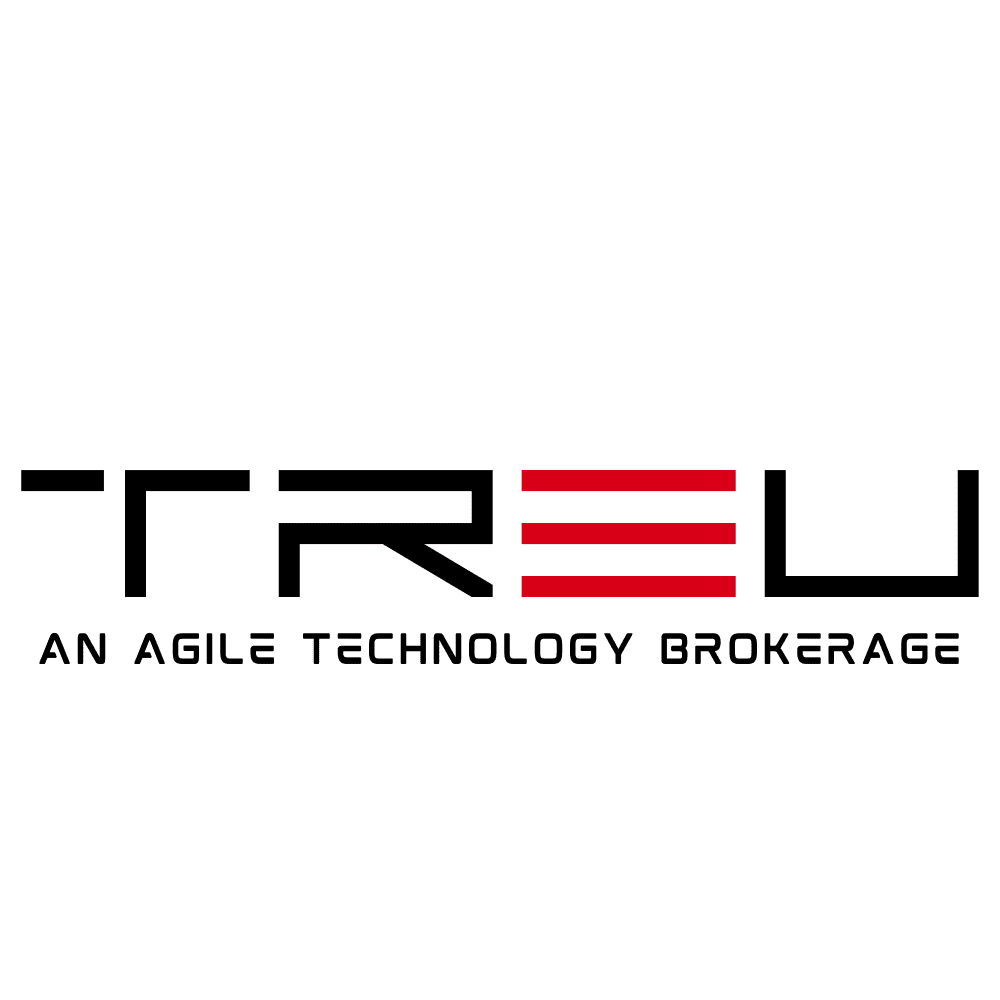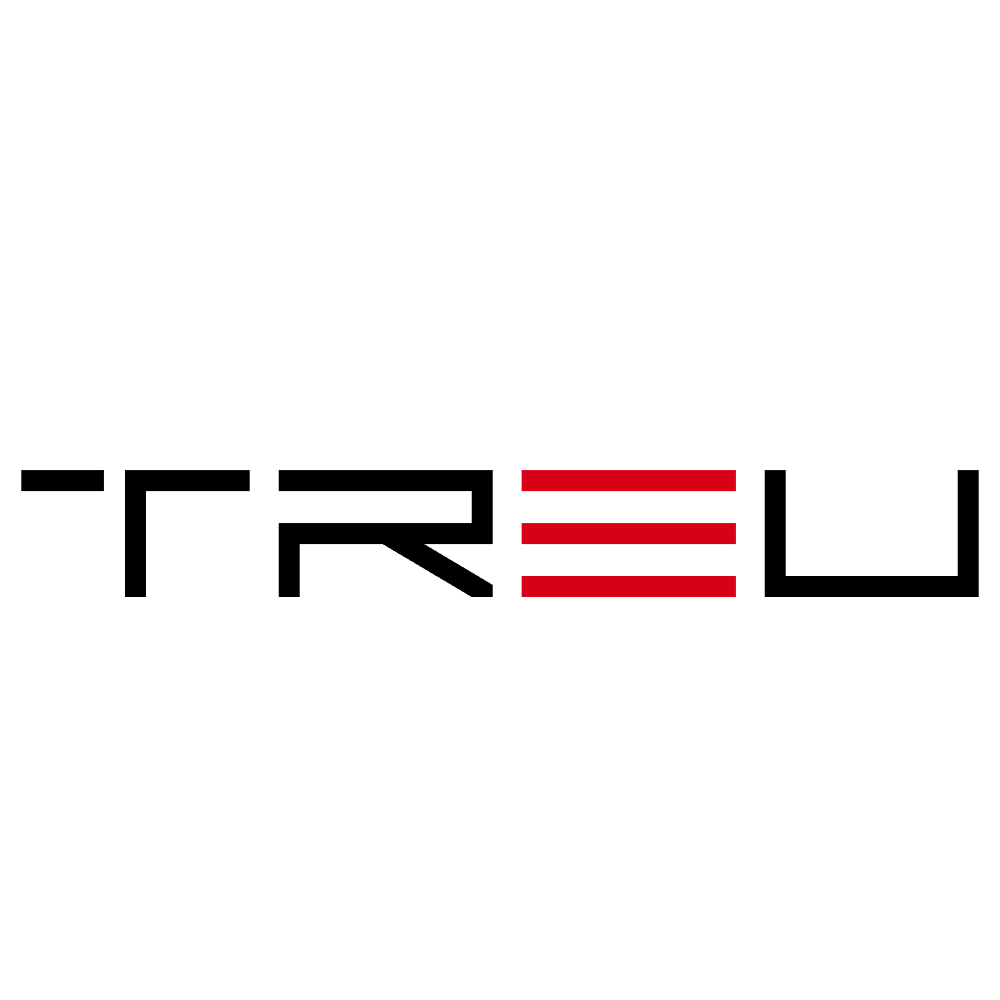Top Tech Trends Shaping the Future by 2025 and Beyond
By David Bailey, November 5th, 2024
As we rapidly approach 2025, several transformative technologies are brewing on the horizon. These emerging tech trends aim to reshape industries, improve productivity, and fundamentally alter how we live and interact with the world around us. From AI-driven systems to more immersive digital experiences, staying ahead of the curve is crucial for businesses, professionals, and consumers alike. In this blog post, we’ll explore the top tech trends expected to revolutionize our future by 2025 and beyond.
Artificial Intelligence and Machine Learning: Expanding Boundaries
There’s no denying that Artificial Intelligence (AI) and Machine Learning (ML) continue to dominate conversations across industries. But it’s not just about chatbots or facial recognition any longer. By 2025, AI and ML will push deeper into uncharted territory, with use cases spreading from personalized medicine to advanced automation.
AI-Powered Decision Making
In sectors like finance, healthcare, and supply chain management, AI will become an integral tool to assist in real-time, data-driven decision-making. Leveraging machine learning models that can analyze vast amounts of data in seconds, AI will help businesses react faster and more intelligently than ever to dynamic market conditions or operational challenges.
- Real-time forecasting
- Robust fraud detection systems
- Personalized healthcare treatments
AI Ethics and Regulation
With AI becoming more pervasive, concerns about ethics, transparency, and regulation are reaching new heights. By 2025, we will likely see the implementation of global frameworks to ensure the responsible development and use of AI technology.
- AI-driven regulations
- Bias reduction in AI algorithms
- Increased demand for explainable AI (XAI)
5G and Beyond: Superfast Connectivity
The roll-out of 5G technology, which promises ultra-fast internet speeds and low-latency connections, is predicted to reach full maturity by 2025. But telecommunications experts are already looking beyond 5G, toward 6G, which is poised to push connectivity into entirely new realms.
Enhanced IoT Ecosystem
The maturity of 5G networks will enable the full potential of the Internet of Things (IoT), with billions of connected devices operating seamlessly across industries like manufacturing, healthcare, and even our homes. From smart cars to autonomous industrial robots, these connected devices will rely on the speed and reliability of 5G to deliver real-time performance.
- Smart cities
- Autonomous vehicles
- Healthcare wearables for real-time monitoring
The Road to 6G
Even with 5G networks changing the game, 6G development is already underway, promising even more significant improvements in bandwidth, speed, and reliability. By 2028-2030, we could see initial rollouts of 6G technology, further enhancing immersive applications like AR, VR, and enhancing satellite communications.
- Faster than fiber speeds
- Ultra-low latency
- Higher capacity for connected devices
Immersive Technologies: AR, VR, and the Metaverse
We’ve heard about virtual reality (VR) and augmented reality (AR) for years, but many industry experts believe that, by 2025, these technologies will finally hit mainstream adoption. As we move closer toward realizing the concept of the metaverse, these immersive technologies will become a central part of not only entertainment but work, learning, and socializing as well.
Virtual Workspaces
By 2025, AR and VR are expected to have significant applications in work settings. Imagine attending team meetings where every participant appears as a virtual avatar, complete with real-world expressions and gestures. Remote teams will converge in immersive virtual work environments that increase collaboration while providing a flexible alternative to traditional offices.
- Enhanced video conferencing through VR
- Augmented reality training modules
- 3D visualization tools for designers and engineers
Metaverse for Everyday Users
With companies like Meta (formerly Facebook) heavily investing in the metaverse, everyday users will soon experience new ways to socialize, shop, and engage with content. Entire virtual worlds will be accessible where people can play games, attend concerts, and even do their shopping in fully immersive environments.
- Customizable virtual avatars
- Virtual commerce
- Interactive and social VR events
Quantum Computing: Breaking Barriers
After decades of research, quantum computing is finally moving from theory to practical application. By 2025, we will likely see the first real-world use cases of quantum computing outside of laboratory settings. The groundbreaking computational power of quantum computers is set to redefine industries that require extreme computational precision, including pharmaceuticals, finance, and cryptography.
Drug Discovery and Development
One of the most promising areas for quantum applications will be in the pharmaceutical industry, where quantum computing can enable simulations at a molecular level that were previously impossible with classical computers. This could significantly accelerate drug discovery and the development of new treatments.
- Predicting protein structures for drug development
- Chemical modeling on a quantum level
- Faster simulation testing for clinical trials
Supply Chain Optimization
Another industry set for transformation is logistics. Quantum algorithms can solve incredibly complex optimization problems more efficiently than today’s classical systems, meaning supply chain routes, resource allocation, and warehouse operations could become more seamless with quantum technology.
- Supply chain route optimization
- Inventory and resource management improvements
- Cost reduction and efficiency gains
Blockchain: Beyond Cryptocurrencies
While cryptocurrencies like Bitcoin and Ethereum grabbed headlines in recent years, blockchain technology is fertile ground for more expansive applications across various sectors. By 2025, blockchain will be known more for enabling secure data transactions in industries like finance, healthcare, and even governmental processes.
Decentralized Finance (DeFi)
Blockchain is rapidly disrupting traditional finance structures with Decentralized Finance (DeFi) solutions. By 2025, DeFi is projected to deliver more equal access to financial services while reducing the need for intermediaries like banks.
- More secure and efficient cross-border payments
- Programmable smart contracts
- Access to loans and credits without banks
Blockchain in Healthcare
One exciting application of blockchain is its potential in healthcare, where the technology’s prowess in secure data sharing could lead to massive improvements in the management of patient records. By 2025, blockchain will allow patients to have more control over their own health information—improving data accuracy and security, while reducing healthcare fraud.
- Secure patient health records
- Insurance claims processing
- Interoperability across healthcare providers
Conclusion: The Tech-Laden Future Awaits
By 2025 and beyond, our world will hardly be recognizable compared to what it is today. With these technologies advancing at a rapid rate, industries across the globe are gearing up for disruption. Artificial intelligence, 5G and 6G, AR/VR, quantum computing, and blockchain are not just buzzwords—they are defining our future.
Whether you’re a tech investor, business leader, or just a curious consumer, maintaining a pulse on these groundbreaking technologies will be crucial to navigating and succeeding in the future. The next few years promise rapid advancement as we step into a more connected, intelligent, and augmented world.

